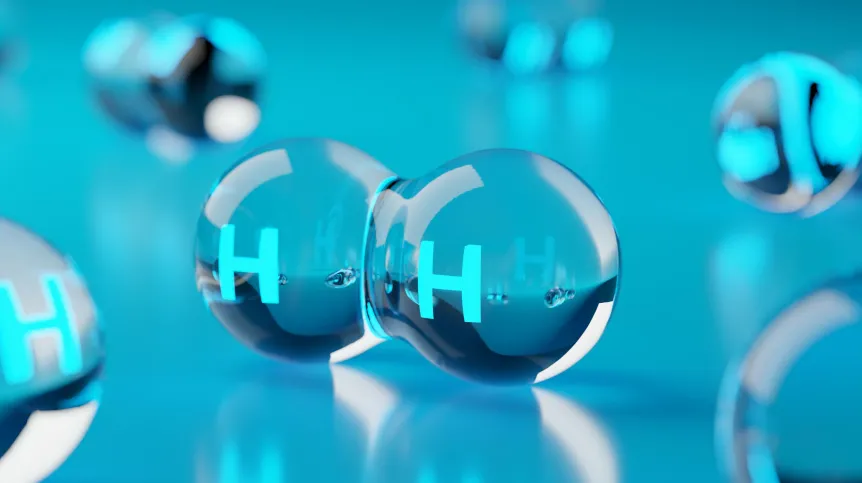
Scientists from the Lublin University of Technology will help produce hydrogen for public transport in Lublin, according to the letter of intent signed last week by the representatives of the university and the city hall. According to the announcements, the city's hydrogen installations are to be ready within five years.
The letter of intent establishing the Lublin Hydrogen Upland was signed last week by the Deputy Mayor of Lublin for investment and development, Tomasz Fulara, the Rector of the Lublin University of Technology, Professor Zbigniew Pater, the head of the Roads and Public Transport Authority Grzegorz Malec and the President of the Municipal Transport Company Lublin, Bogdan Kołciuk.
The initiative will focus on the practical use of scientific work and technological knowledge concerning hydrogen. Particular emphasis will be placed on the use of hydrogen in public transport - both in the context of powering public transport vehicles and building appropriate technical infrastructure, e.g. hydrogen refuelling stations and energy storage systems.
During a press briefing, the deputy mayor emphasized that there are currently four hydrogen buses operating in Lublin, and 20 more vehicles will roll out next year. As he said, the cooperation launched with the university and municipal companies begins the process of producing hydrogen in Lublin. 'We hope that we will acquire European and central funds from the State Treasury, which will allow us to expedite this process', Fulara noted. He expressed hope that Lublin would have its own hydrogen within one to five years.
In his opinion, the production of hydrogen itself is not very complicated, but the currently challenges include transporting this fuel, storing and warehousing it. 'And this is the part we want to focus on during our work', he added.
The university’s rector explained that as part of the project, the university will engage in research and development work, because it already has scientific and research experience in issues related to hydrogen. This gas is also used in teaching activities. According to the rector, hydrogen has the highest calorific value of all fuels, i.e. 120 MJ/kg, while natural gas has 34 MJ/kg.
Last week, the Lublin University of Technology hosted the two-day Transport Forum for Cross-Border Cooperation, which brought together experts, practitioners and representatives of local government administration from Poland, Moldova, Ukraine and Lithuania. The issues discussed by the experts included the most important challenges and directions of development of modern urban transport. (PAP)
gab/ bar/













